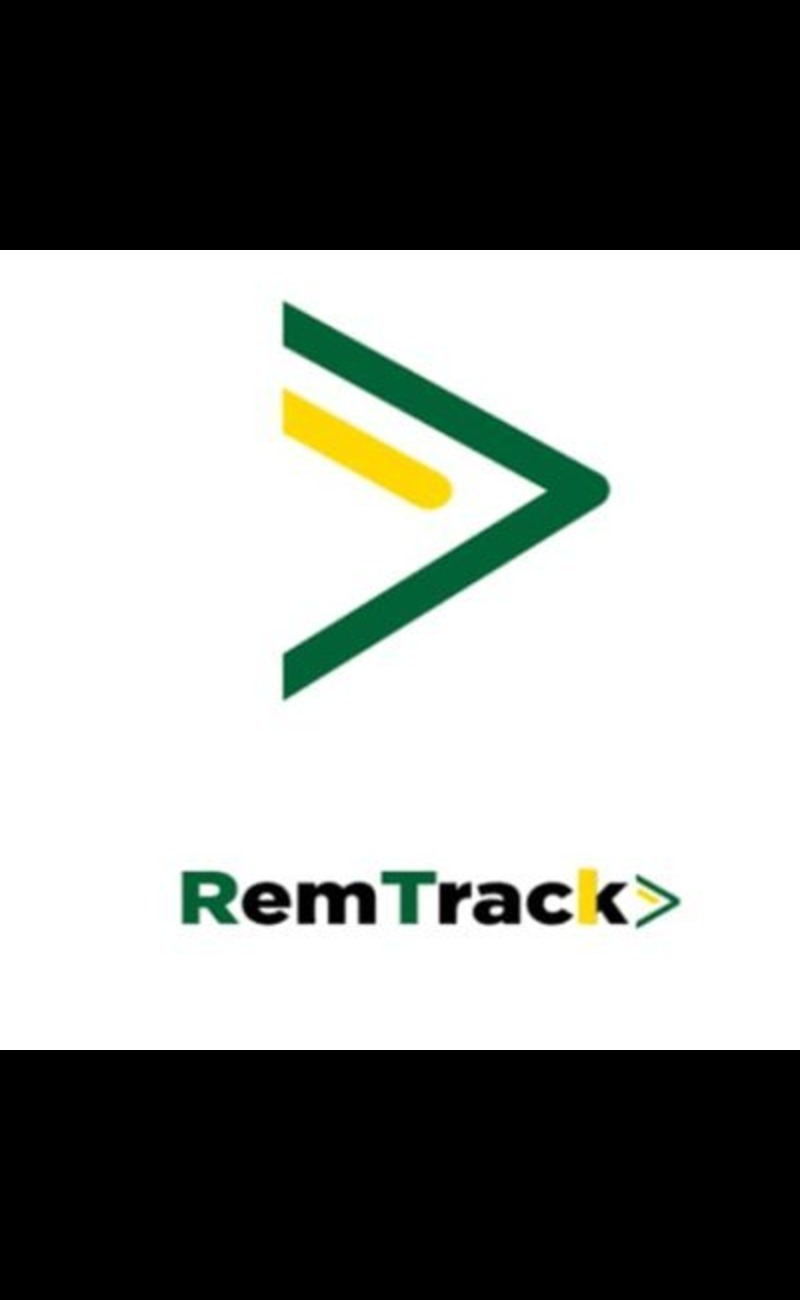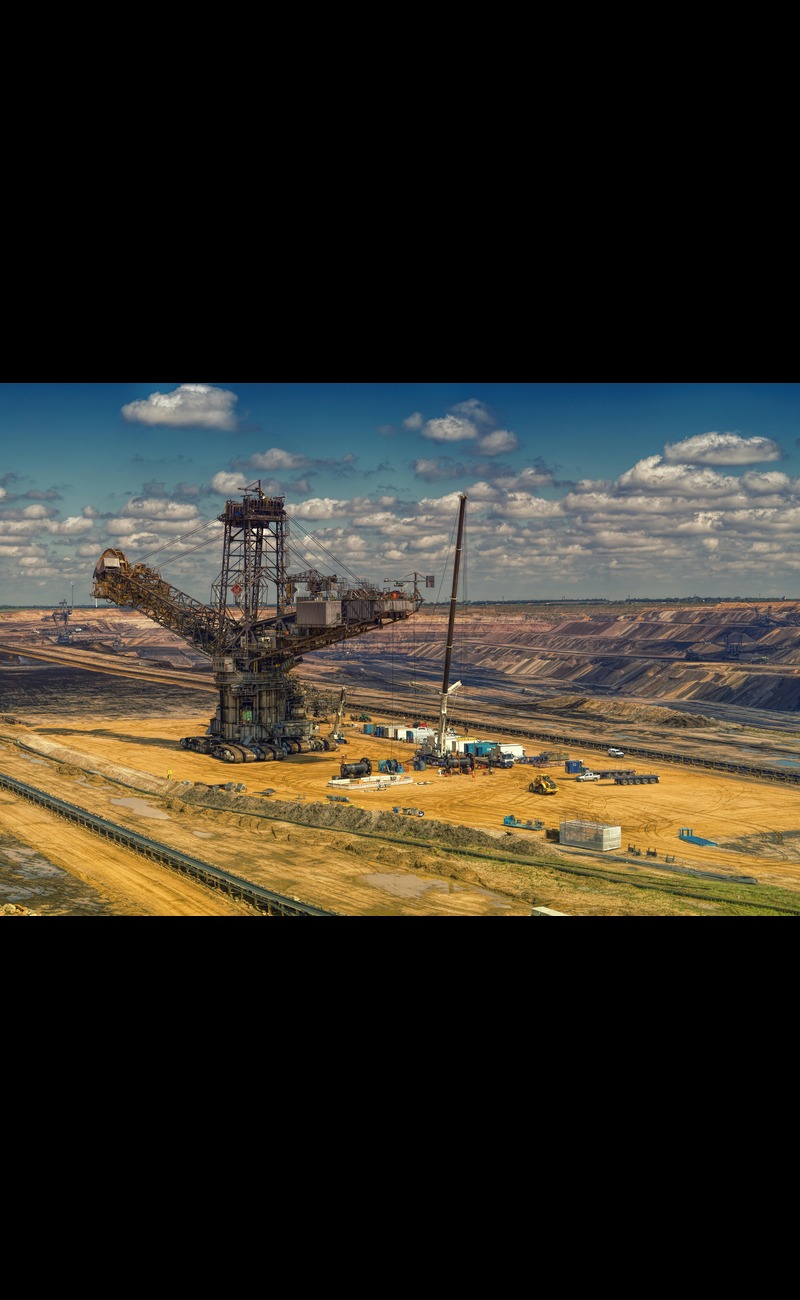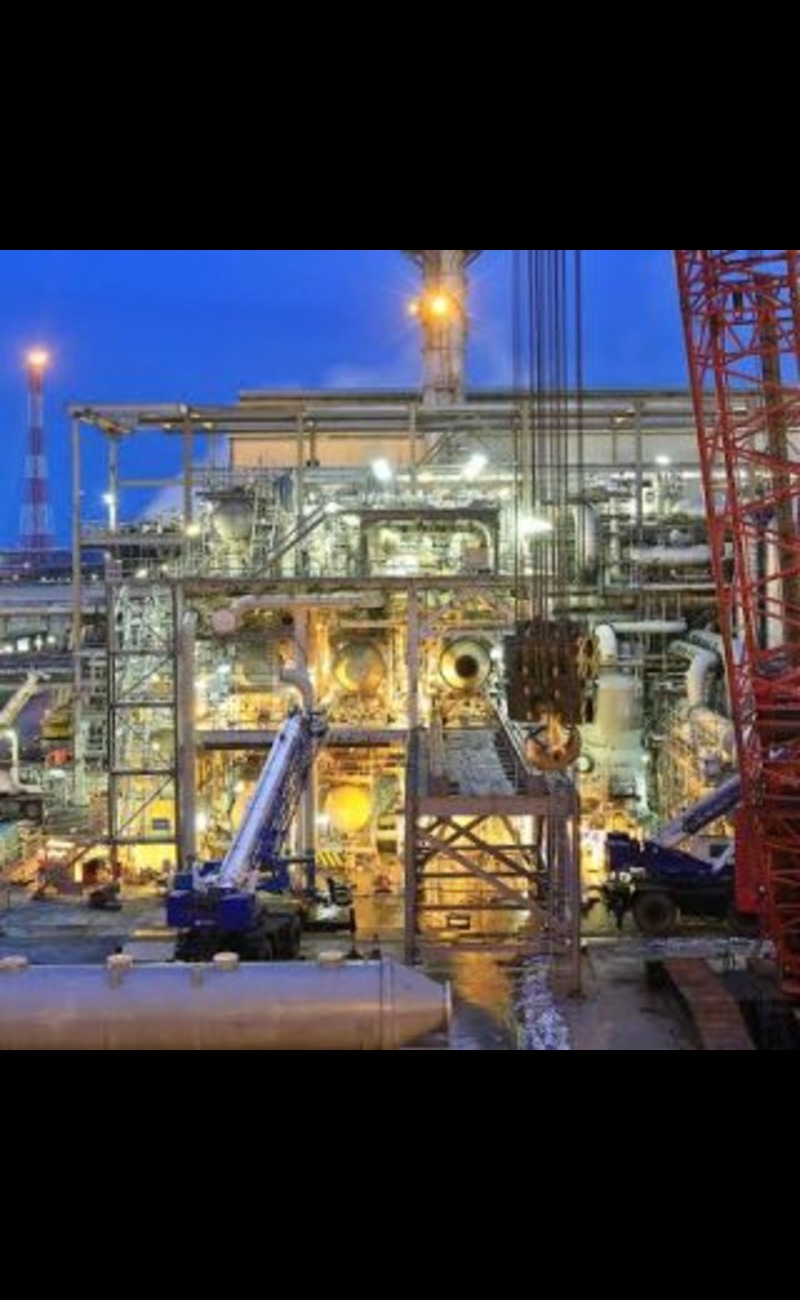Here are the key facts and tips on the gas flaring prohibition bill recently introduced in the House of Representatives
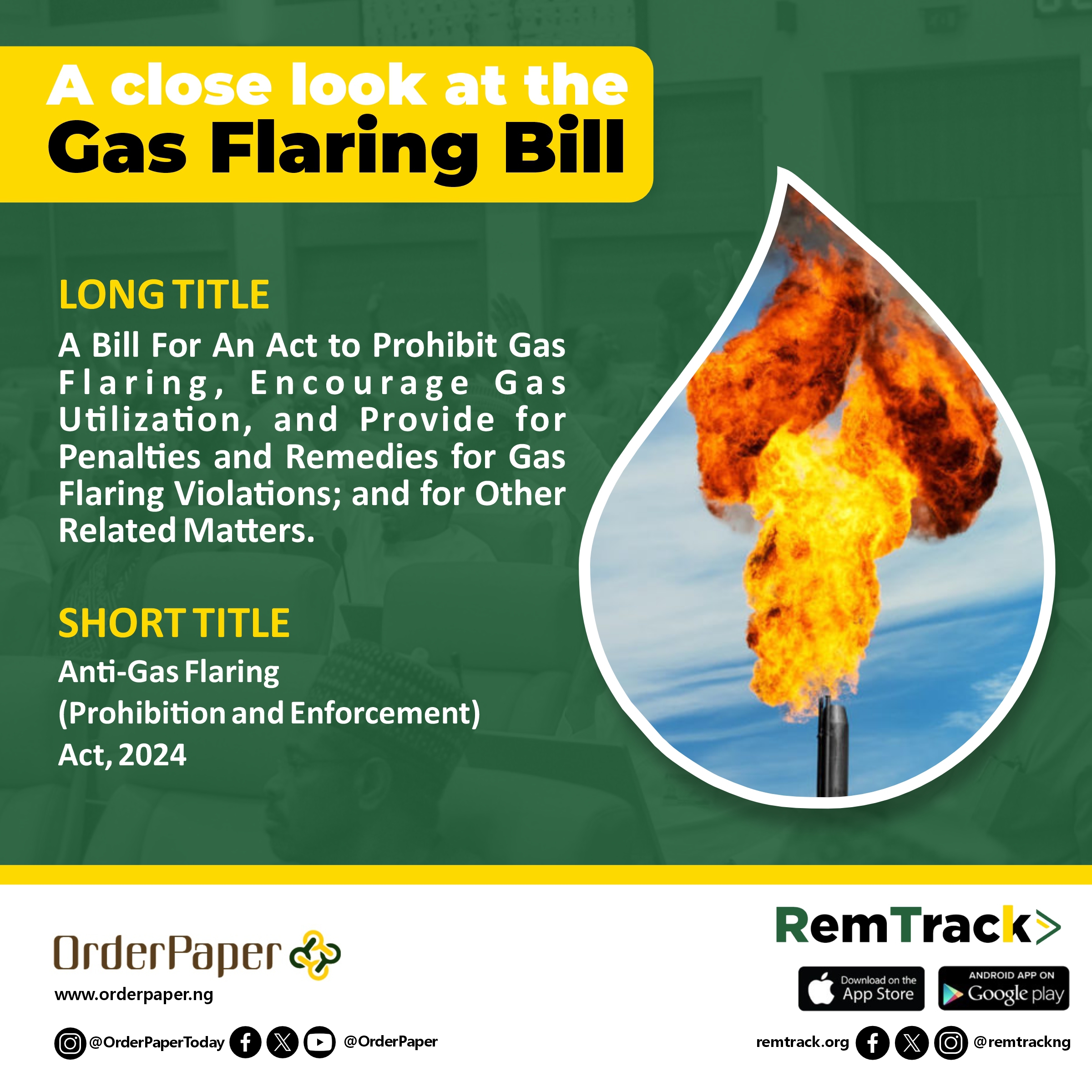
Gas flaring is the controlled burning of natural gas that is released during crude oil extraction. While this practice is often employed to relieve pressure in oil wells and prevent explosions, it results in the emission of greenhouse gases, worsening climate change. Additionally, flaring represents a waste of valuable resources, as the gas being burned could be utilized for productive purposes such as electricity generation.
Although gas flaring has been illegal in Nigeria since 2005, enforcement has been weak, highlighting the urgent need for reform.
To address these challenges, Rep. Babajimi Benson (APC, Lagos) has introduced a bill titled: ”A Bill For An Act to Prohibit Gas Flaring, Encourage Gas Utilization, and Provide for Penalties and Remedies for Gas Flaring Violations; and for Other Related Matters’. This bill aims to prohibit all flaring or venting of natural gas during petroleum operations, except under specific circumstances authorized by the Nigerian Upstream Petroleum Regulatory Commission (NUPRC).
READ ALSO: Bill to prohibit, penalize gas flaring scales second reading
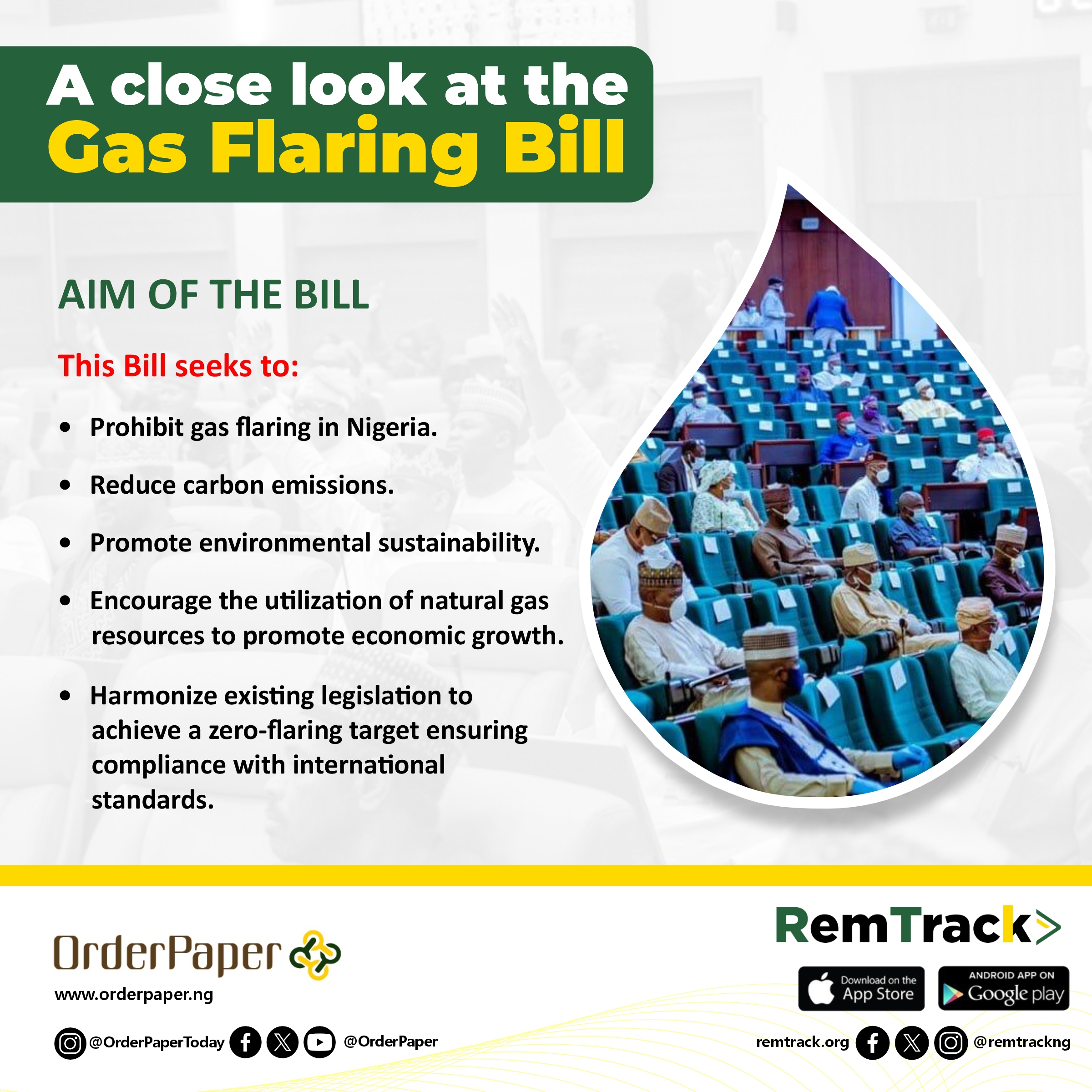
Objectives of the Bill
The key objectives of this ‘proposed legislation include:
- Prohibiting gas flaring and venting throughout Nigeria.
- Reducing carbon emissions to combat climate change.
- Promoting environmental sustainability through responsible resource management.
- Encouraging the utilization of natural gas resources for economic growth and energy generation.
- Harmonizing existing legislation to achieve a zero-flaring target in line with international standards.
- Mitigating negative environmental and public health impacts associated with gas flaring.
- Ensuring compliance with Nigeria’s international commitments to reduce carbon emissions.
- Providing a clear framework for enforcement, monitoring, and penalties to ensure compliance by operators.
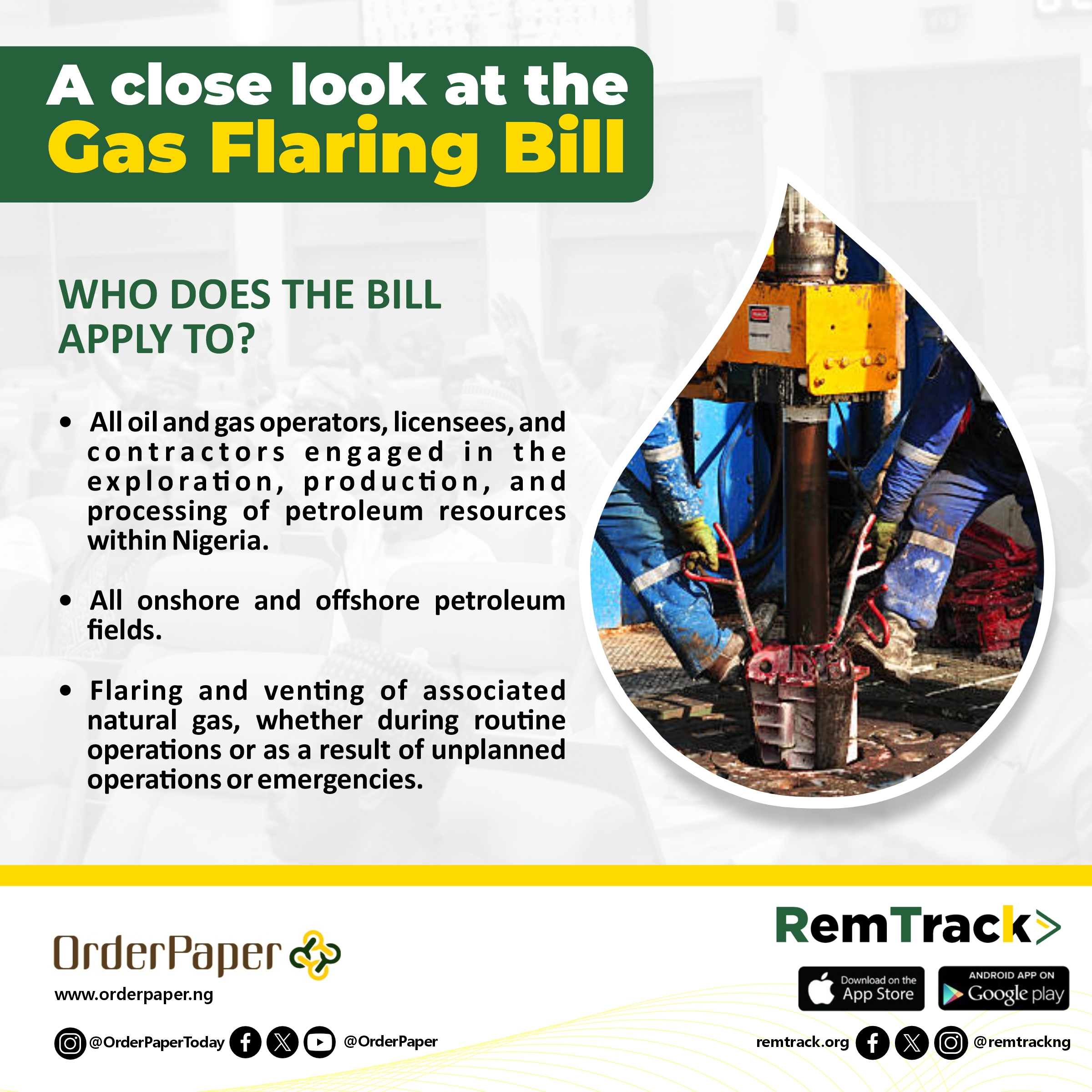
Scope of the bill
This bill will apply to:
- All oil and gas operators, licensees, and contractors engaged in exploration, production, and processing of petroleum resources within Nigeria.
- All onshore and offshore petroleum fields.
- Flaring and venting of associated natural gas during both routine operations and unplanned or emergency situations.
Key provisions of the bill
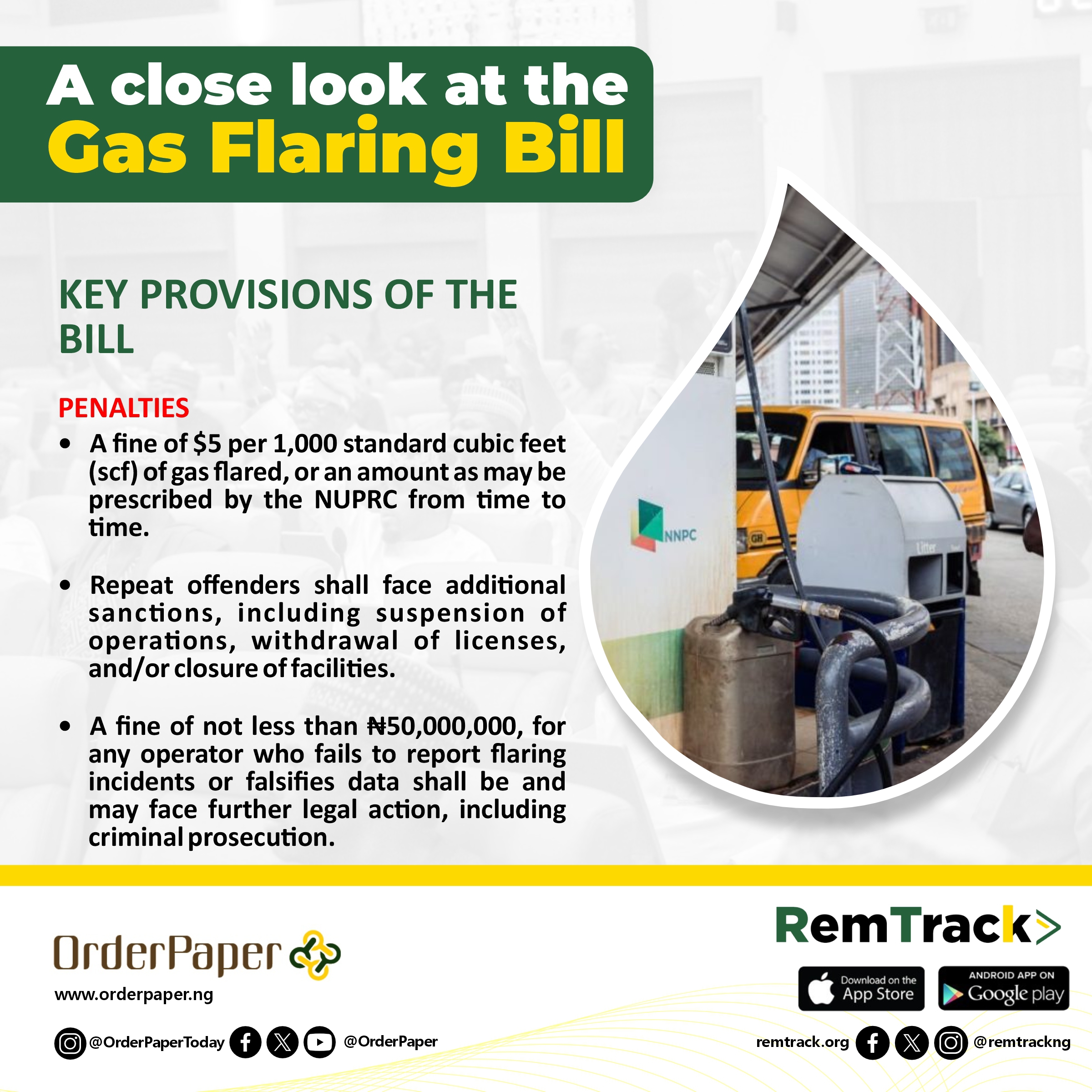
A. Gas Utilization and Reporting Obligations:
- Operators must submit a Gas Utilization Plan (GUP) detailing how they will capture, process, and commercialize gas that would otherwise be flared.
- All flaring incidents must be reported to the NUPRC, including details on volume flared and preventive measures taken.
- The NUPRC shall review the Gas Utilization Plans and ensure operators implement the necessary infrastructure for gas capture and use.
B. Offences
- Engaging in unauthorized flaring or venting constitutes an offence.
- Failure to submit or implement a GUP is also an offence.
- Falsifying or failing to report flaring data is punishable under this Act.
C. Penalties
- Offenders will face fines of $5 per 1,000 standard cubic feet (scf) of gas flared.
- Repeat offenders may face additional sanctions such as suspension of operations or withdrawal of licenses.
- A fine of not less than ₦50 million for failing to report incidents or falsifying data will also apply.
D. Community Provisions
- Communities affected by gas flaring can petition the NUPRC for compensation and environmental restoration.
- The NUPRC will facilitate remediation efforts in affected areas.
E. Monitoring and Enforcement
- The NUPRC will be responsible for enforcing the law when enacted.
- The Ministry of Environment in collaboration with the Department of Petroleum Resources (DPR) will monitor environmental impacts and ensure proper remediation.
- Regular audits of gas flaring data and field operations shall be conducted by the NUPRC to ensure compliance.
F. Transparency and Public Reporting
- Operators must submit monthly reports on gas flaring volumes and reasons for flaring.
- The NUPRC will publish quarterly reports on gas flaring statistics for public access.
- The NUPRC shall establish a public online portal where citizens can access information on gas flaring incidents and compliance by operators.
The bill has successfully passed its second reading in the House of Representatives and has been referred to the House Committee on Gas Resources for further legislative action. As discussions continue, this proposed legislation represents a decisive step towards mitigating the long-standing issue of gas flaring in Nigeria while promoting sustainable development practices that align with global climate commitments.

